International
Venezuela, Colombia restore diplomatic ties after three-year break
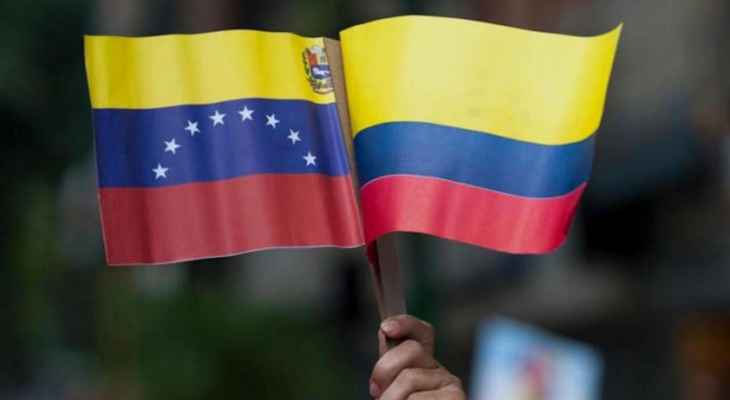
AFP
Venezuela and Colombia restored full diplomatic relations Sunday after a three-year break, as a new leftist government in Bogota takes shape.
A new Colombian ambassador, Armando Benedetti, arrived in Caracas and said on Twitter: “Relations with Venezuela should never have been severed. We are brothers and an imaginary line cannot separate us.”
He was welcomed by deputy foreign minister Rander Pena Ramirez, who tweeted that “our historical ties summon us to work together for the happiness of our peoples.”
Colombia’s new leftist president, Gustavo Petro, and Venezuela’s socialist president Nicolas Maduro announced on August 11 that they planned to restore diplomatic relations that were severed in 2019.
That rupture was the culmination of years of tension between leftist Venezuela and Colombia under successive conservative presidents, starting with Alvaro Uribe.
Embassies and consulates in both countries were closed, and flights between the neighbors grounded.
Even the 2,000-kilometer (1,200-mile) land border between the two countries was closed between 2019 and October 2021, when it was opened to pedestrians only.
Petro is Colombia’s first leftist president.
The last president in Colombia, Ivan Duque, did not recognize Maduro as president — but rather opposition leader Juan Guaido.
Colombia was one of around 60 countries to do so, having rejected Venezuela’s 2018 presidential election, which was boycotted by the opposition.
In addition to exchanging ambassadors, the normalization process will include the full reopening of the border, which has remained largely closed to vehicles.
The porous frontier has been the scene of clashes between armed groups.
Caracas and Bogota have also announced intentions to restore military relations.
Benedetti said more than eight million Colombians make a living from trade with Venezuela, which is why one of the objectives is to re-establish trade relations between the two countries.
A similar expectation exists on the Venezuelan side, where industrialists want to normalize the trade that reached $7.2 billion in 2008 but collapsed with the border closure.
International
Colombia slams Ecuador’s 30% tariff as ‘economic aggression’
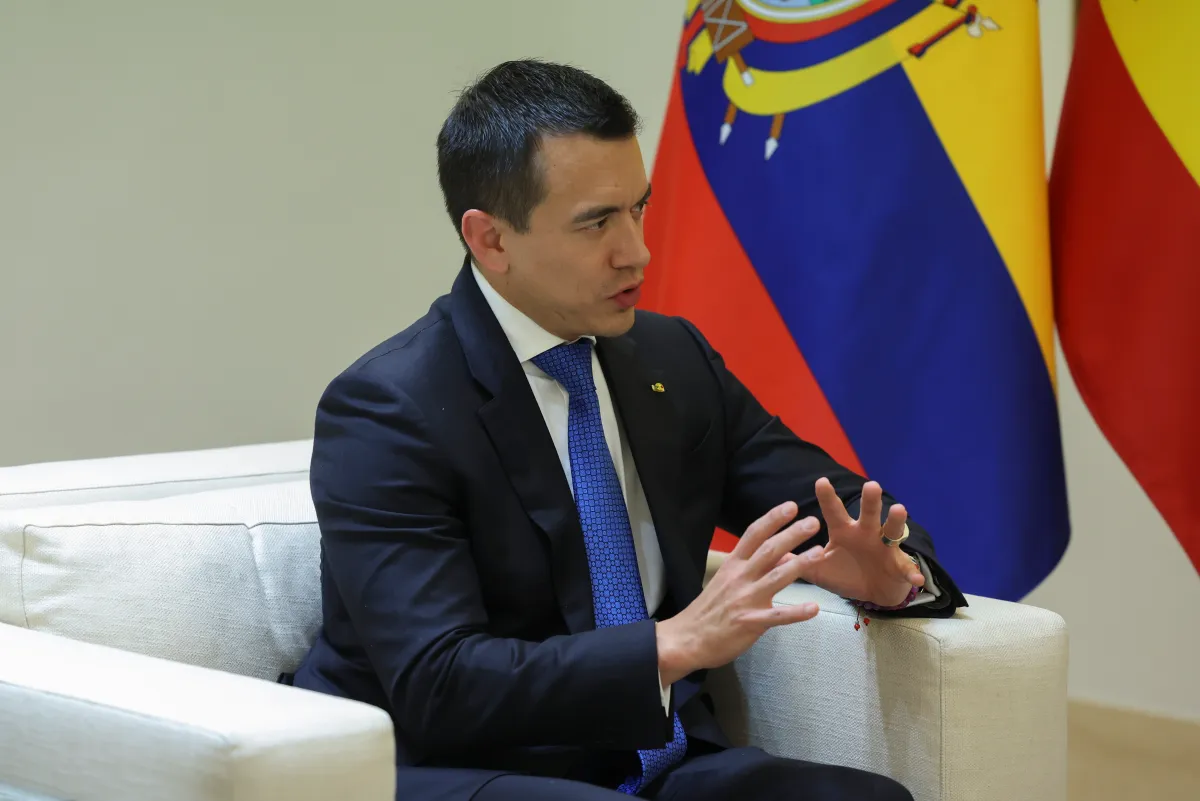
Colombia’s Minister of Mines and Energy, Edwin Palma, on Wednesday described as an “economic aggression” the 30% “security fee” imposed by Ecuadorian President Daniel Noboa on imports from Colombia.
“We reject the tariff measure imposed by Ecuador, an economic aggression that breaks the principle of regional integration,” Palma said in a post on X.
President Noboa explained that the decision was taken due to what he described as a “lack of reciprocity and firm actions” by Colombia in the fight against drug trafficking. He added that despite Ecuador having made “real efforts of cooperation,” including maintaining a trade deficit exceeding $1 billion annually, the country’s armed forces continue to face drug-linked criminal groups along the border without any cooperation.
For that reason, Noboa stated that the measure will remain in place “until there is a real commitment” from Colombia to jointly confront drug trafficking and illegal mining along the 586-kilometer shared border, with the same level of determination Ecuador is currently applying.
According to official data, Ecuador seized 214.5 metric tons of drugs in 2025, down from the record 294.6 tons confiscated in 2024.
Colombian President Gustavo Petro said on January 7 that during his administration, which began on August 7, 2022 and ends this year, drug seizures have increased significantly, adding that total confiscations are expected to exceed 3,500 tons by the time he leaves office.
International
José Jerí claims destabilization attempt after videos of secretive meetings surface
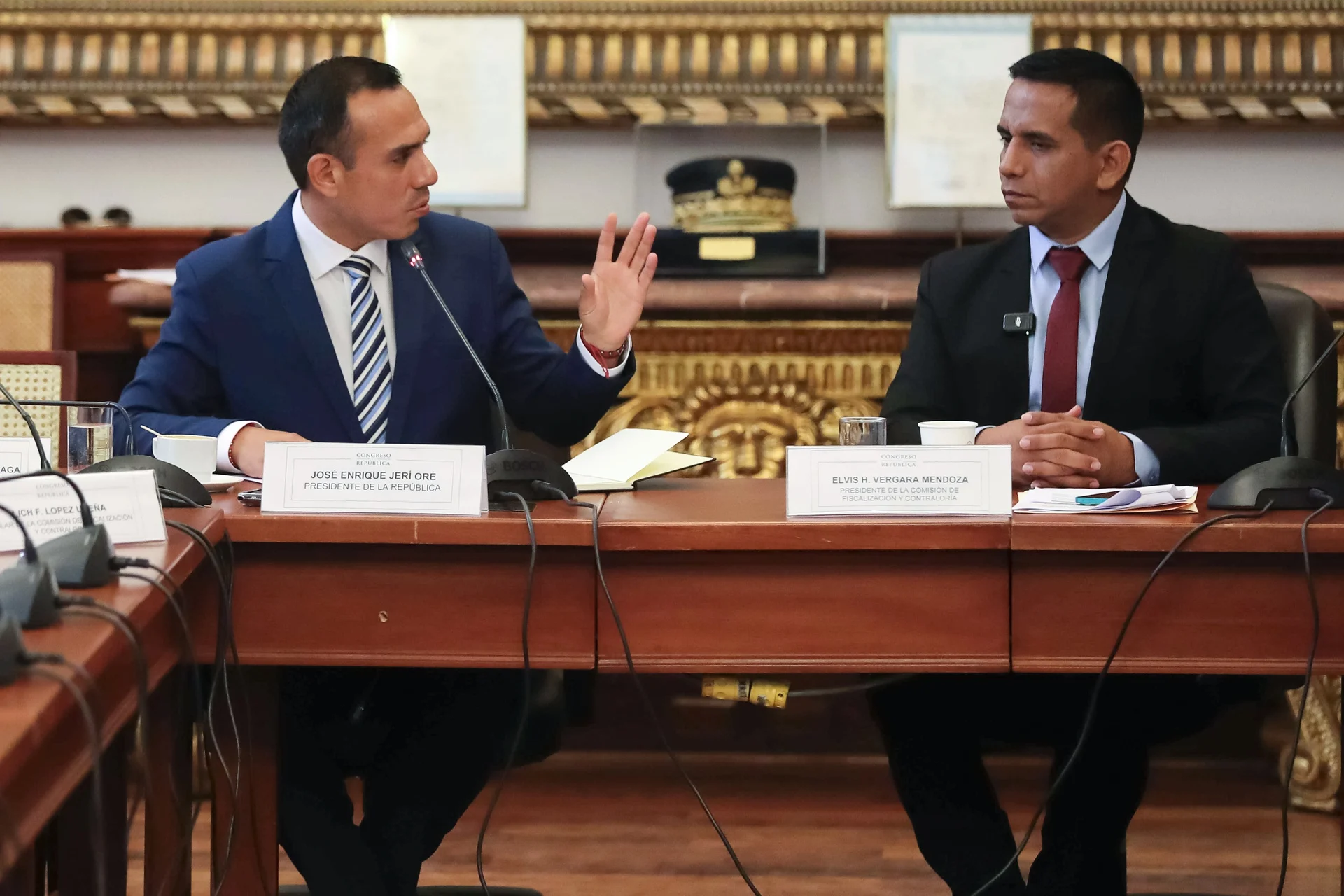
Peru’s interim president, right-wing leader José Jerí, on Wednesday denounced an alleged plot against him and warned of a deliberate attempt to destabilize the country, following the release of a series of videos showing semi-clandestine meetings with a Chinese businessman, as well as visits to the Government Palace by another businessman of the same nationality who is under house arrest.
“I also want to know who is behind this entire plot. I am an objective and impartial president who does not give in to pressure, but someone has found a way to do so. I want to know who is behind it and what their real objective is,” Jerí said while appearing before Congress’ Oversight and Comptroller Commission.
The interim president, who recently marked 100 days in office after replacing former president Dina Boluarte (2022–2025) in his role as head of Congress, insisted that he has never lied to the country. Without directly accusing any individual or group, he argued that routine activities—such as visiting a restaurant or a shop—are being portrayed with a “malicious” intent.
So far, reports indicate that on December 26, close to midnight, Jerí visited a chifa restaurant—a Peruvian-Chinese eatery—owned by Chinese businessman and state contractor Zhihua “Johnny” Yang, accompanied by Interior Minister Vicente Tiburcio, and wearing a hood. On January 6, he also visited a shop belonging to the same businessman, which had been shut down by municipal authorities just hours earlier.
The revelations have fueled political controversy and renewed scrutiny of the interim administration’s actions amid Peru’s ongoing political instability.
International
Mexican influencer “La Nicholette” kidnapped in exclusive area of Culiacán
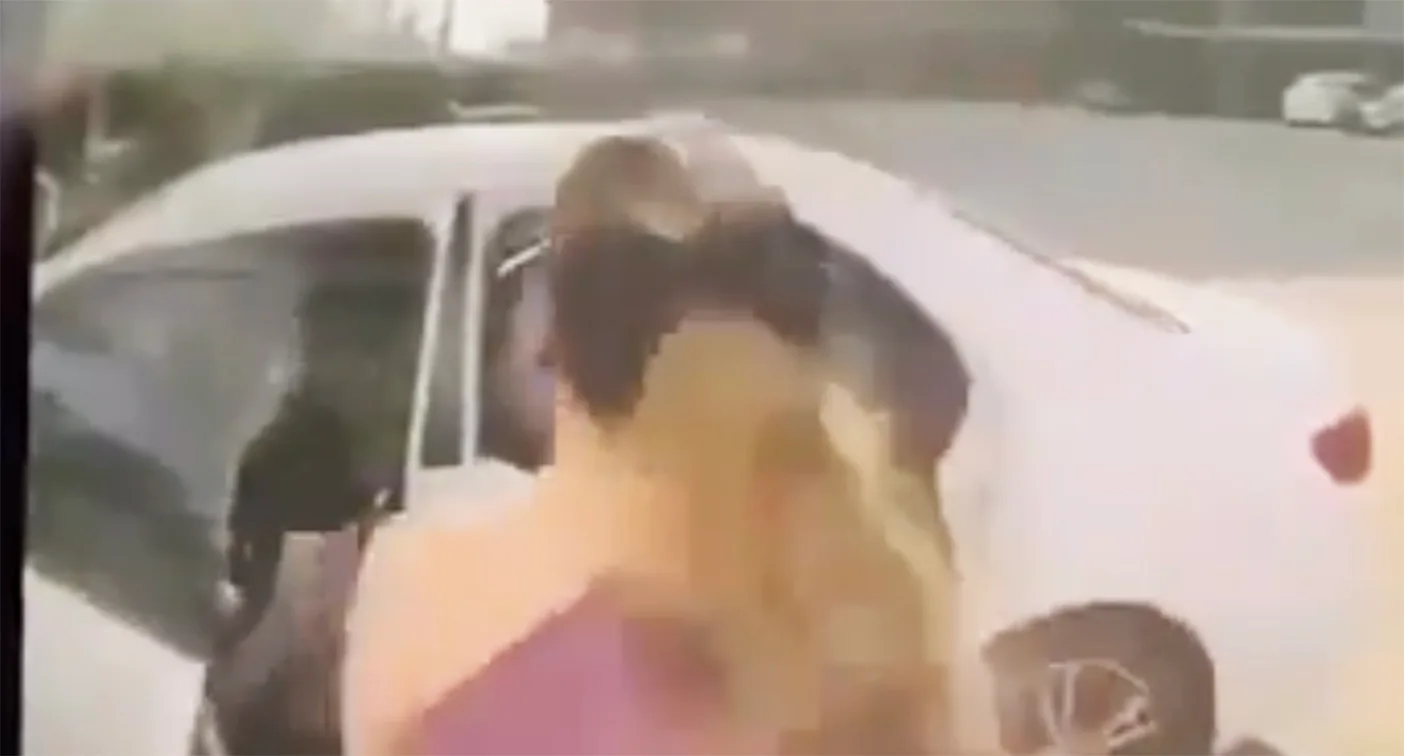
The content creator known as “La Nicholette,” also referred to as “La Muchacha del Salado,” was kidnapped Tuesday afternoon in Isla Musalá, one of the most exclusive residential areas of Culiacán, capital of the northern Mexican state of Sinaloa, according to local media reports on Wednesday.
The abduction was captured by the security camera of the young woman’s vehicle, a lilac-colored Tesla Cybertruck, which was later found abandoned at the scene.
Video footage circulating on social media shows a masked man carrying a long firearm preventing the influencer from entering her vehicle, while another individual forces her into a white sedan, reportedly an older-model Toyota Corolla.
According to media reports, the incident occurred at approximately 5:00 p.m. local time (2300 GMT) at the intersection of Tachichilte Avenue and San Esteban Street, within the Musalá residential area.
Authorities have not yet released official details regarding the victim’s whereabouts or the motives behind the kidnapping.
-

 International3 days ago
International3 days agoDeath toll from southern Spain train crash rises to 40
-

 International5 days ago
International5 days agoU.S. deportation flight returns venezuelans to Caracas after Maduro’s ouster
-

 Central America3 days ago
Central America3 days agoGuatemala raises police death toll to nine after gang violence escalates
-

 Central America4 days ago
Central America4 days agoGuatemala prison uprisings leave 46 guards held by gangs
-
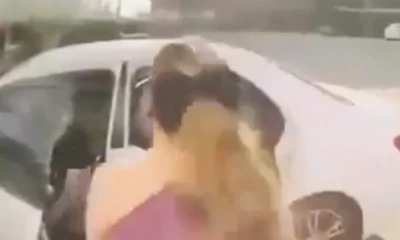
 International14 hours ago
International14 hours agoMexican influencer “La Nicholette” kidnapped in exclusive area of Culiacán
-

 International3 days ago
International3 days agoOver 160 christian worshippers kidnapped in Kaduna Church attacks
-

 International2 days ago
International2 days agoDaily Mail publisher insists reports relied on legitimate sources amid privacy trial
-

 International4 days ago
International4 days agoChile declares state of catastrophe as wildfires rage in Ñuble and Biobío
-

 International2 days ago
International2 days agoGermany says football bodies alone will decide on possible World Cup boycott
-

 International5 days ago
International5 days agoFormer South Korean President Yoon sentenced to five years in prison
-

 International3 days ago
International3 days agoSpain’s Prime Minister pledges transparency after train crash kills at least 39
-

 International14 hours ago
International14 hours agoTrump announces preliminary NATO agreement on Greenland, suspends tariffs on Europe
-

 International14 hours ago
International14 hours agoMajor winter storm to blanket U.S. and Canada with snow, ice and arctic cold
-
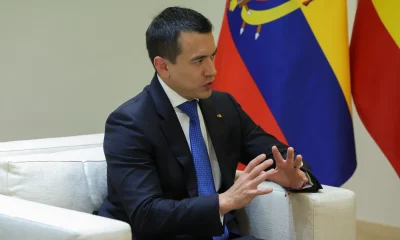
 International12 hours ago
International12 hours agoColombia slams Ecuador’s 30% tariff as ‘economic aggression’
-
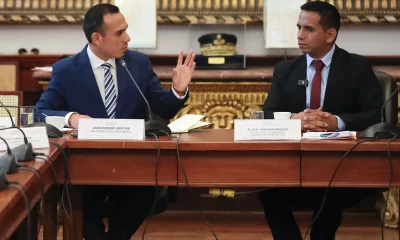
 International12 hours ago
International12 hours agoJosé Jerí claims destabilization attempt after videos of secretive meetings surface


























